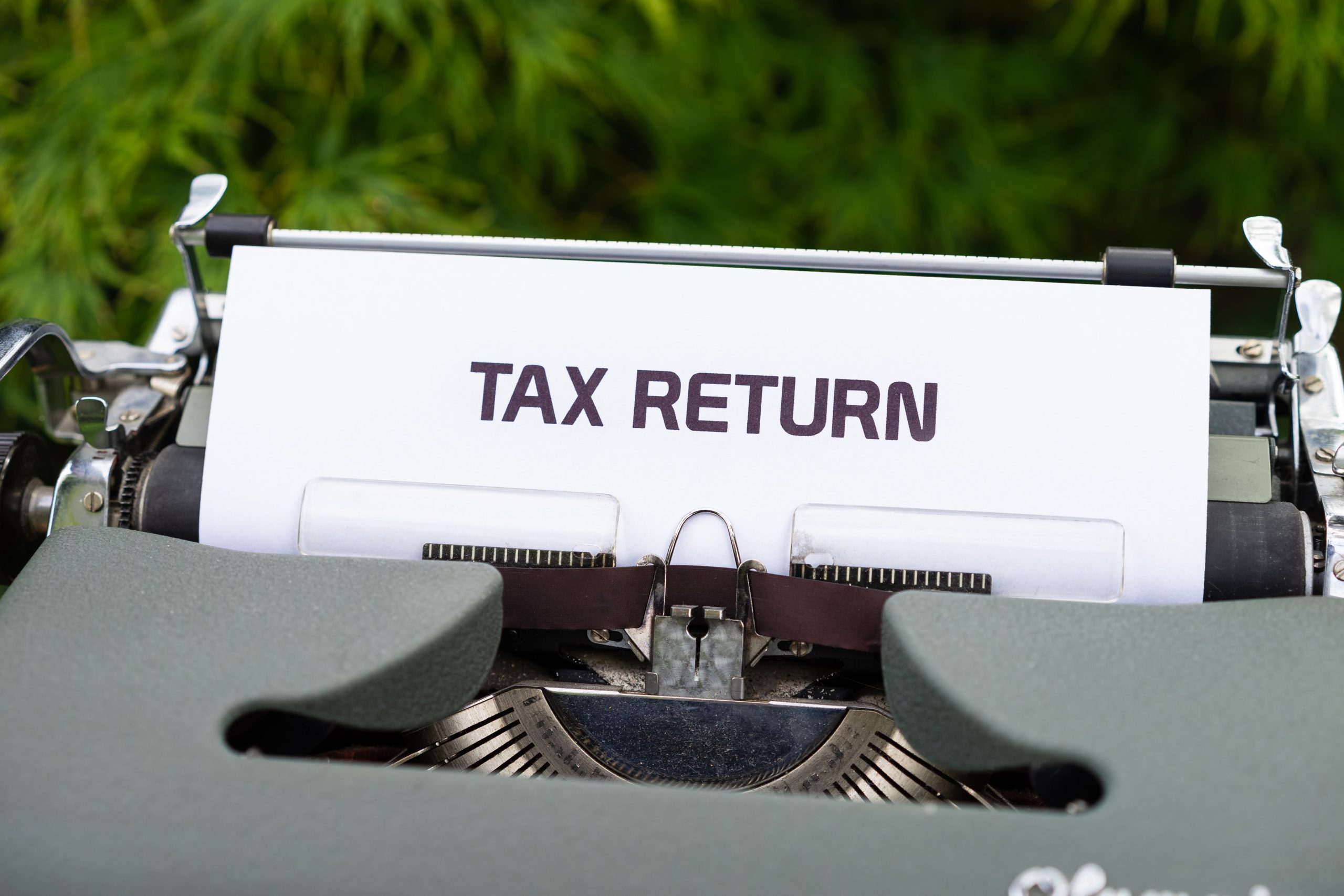Business Tax is the base of any business. Entrepreneurs and many other businessmen have a dream business. Starting a new business requires a lot of effort, hard work, and complicated tasks like hiring staff, financing a business, and logistics. The list of things to consider, manage and look out for is endless for starting a new business. Let’s learn how to Avoid Top 10 Business Tax Mistakes Startups & Small Businesses Make.
However, many small businesses focus on starting up and the daily running of the business that they forget one of the essential things: BUSINESS TAX. Yes, we understand. Filing taxes can be overwhelming, especially as an entrepreneur; you have to bother about keeping your head above water and ensuring the daily operation of the business.
Nevertheless, whether you head a startup or start running your own business with a few employees, avoiding tax mistakes during filing is vital to avoid breaking tax laws and attracting penalties that may prove costly to your business.
Also Read: Save Money: 10 Nature Friendly to Start Saving Money Today
Below are the ten most common business tax mistakes that small businesses make:
Filing Business Tax Yourself
As a startup or small business, you would need a lot of help understanding how to file your taxes correctly. It might be cheaper to file taxes yourself if you lack the financial resources to hire an accountant. But it is advised to hire someone with professional expertise to bring things on track.
Not Accounting For Business and Personal Finance
Many small business owners are guilty of not owning separate accounts for the business, a major red flag for the IRS. Use separate business credit cards and accounts; this makes it easy to track deductible expenses. Also, it will help to clarify that an unusual expense has a real business purpose and help you in filing business tax.
Also Read: 24 Pesky Filing Mistakes That Cost Small Owners
Not Using Business Tax Organizers
A tax organizer is a set of financial questions that help prepare taxes. Every small business should have tax organizers as it provides you with a range of questions the IRS may quiz. Most of these questions border expenses about your business. Tax organizers help you to prepare before the time of the audit.

Filing Business Tax Late
Filing taxes late is one loophole small businesses tend to ignore. We understand that running your own business is already a handful. So, we should not miss tax filling deadlines. You may ask for a filing extension if you are unable to file your business tax on time.
Nevertheless, this should not become a norm and must not be used as a strategy to delay tax filing. File the business tax before the extension exceeds.
Also Read: Personal Finance: 10 Powerful Rules for Millennials
Classifying an Employee Incorrectly
Classifying the incorrect employee may cause you a problem. Many small businesses hire consultants, freelancers, or independent contractors to cut costs during the tax season.
However, if these employees are required to work on-site or within stipulated hours, they are considered regular employees. Therefore, it is vital to account for each staff member accordingly to avoid penalties.
Not Keeping Sufficient Records
Poorly documented expenses are a problem for many small businesses. We understand the excuse of having too much to do daily, but a lack of detailed documentation of your expenses before the tax season is only calling for trouble.
Stockpiling your receipts until the tax season would only lead to more confusion.You should account the accruing expenses. For better results, a small business tax application can come in handy.
Under-reporting Your Income
Expanding the business operations and becoming a master is the goal for most small businesses. An expansion means more money, and this automatically translates to more taxes. Chances are, you might get tempted to under-report your earnings for the year, and this would land you in trouble if or when the audits happen. Get a grip of things as you expand and report every income, including side gigs.
Not Keeping Mileage Record
Keeping the properly documented mileage record for business travels or any other travels related to your business is proven a best practice. Mileage records help small businesses to claim deductions for the fuel used during tax filing. However, without proper documentation, this would be impossible.
Also Read: Personal Finance: 6 Ways to Improve Financial Health
Not Keeping Records throughout the Year
Tax season is a nightmare for many small businesses because they have to bother sorting the accumulated receipts in their shoebox. Many small businesses give the excuse of having too much to do to stockpiling income and expenses receipts.
The danger is that you become overwhelmed when it’s time to file taxes, or you can not accurately figure the receipts when it’s time to make records. Ensure to keep records daily as they occur or take advantage of tax applications.

Ignoring a Few Deductions for Business Tax
Many small businesses attempt to file taxes themselves without proper knowledge. The danger of this is that they miss out on several deductions they could have claimed. Every business owner is entitled to certain deductions, which could save a considerable sum during taxes.
However, every business must prove each deduction from their records. Hence, it has proven crucial to keep proper records. There should be proper documentation for every deduction.
The most common tax mistake is not maximizing the tax deductions, made by business owners. As a business owner, you’re entitled to deduct certain expenses, losses, and costs from the amount of taxes you owe. All this will help the business save hundreds of dollars on the tax bill.
Conclusion
As you can learn that startups and small businesses grow by the effort you put in as an entrepreneur, try to overcome common business tax mistakes that may shut down your enterprise.
Although no one enjoys filing and paying taxes, taxes are a necessary part of doing business. Do your best to avoid these common tax mistakes and employ the tips in this article to make filing taxes easy.
2 thoughts on “Business Tax Mistakes to Avoid”